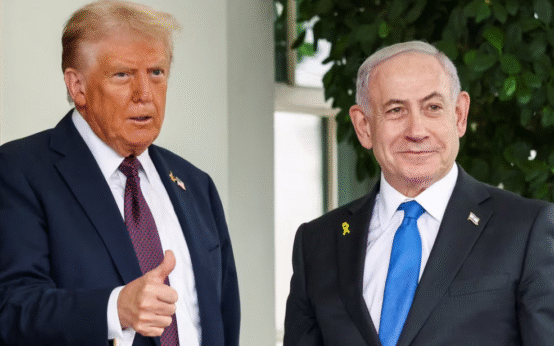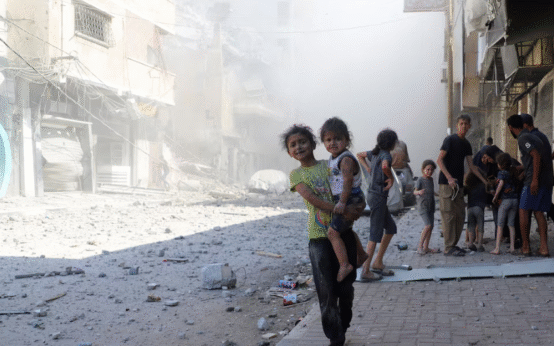Israeli ambassador recently asserted that the ongoing war with Hamas will not come to an end unless Hamas is fully eliminated. The demand is part of Israel’s broader strategy in the Gaza conflict. According to the ambassador’s remarks, all military, political, and diplomatic measures will persist until the militant group ceases to exist as a functional governing or military force in Gaza.
What Elimination of Hamas Refers in This Context
By “elimination,” Israeli officials typically mean disbanding Hamas’s military capabilities, dismantling its infrastructure, and ending its governance over Gaza. This includes destroying command centers, rocket and missile stockpiles, tunnels, and leadership networks. It also implies that Hamas must no longer exercise control over territory or engage in attacks against Israel.

The phrase is stark and signals zero tolerance for any status quo where Hamas remains in power or partially operational. It also suggests that ceasefires or peace deals that leave Hamas intact will not satisfy Israeli demands.
Background What Led to This Hardline Position
Since Hamas’s October 7, 2023 attack, and Israel’s response, the conflict has escalated dramatically. Israel has suffered casualties, seen attacks from rocket barrages, and experienced internal and international pressure. Over time, Israeli political leadership, including the prime minister and defense officials, have moved toward a stance that accords little room for negotiations unless there is a definitive weakening of Hamas.
Internationally, many states have called for ceasefires, humanitarian pauses, or peace talks. Israel’s demand for the elimination of Hamas has become a red line refusing such conditions, according to its leadership, undermines any meaningful peace.
What Would Be Required to Achieve the Ambassador’s Condition
Eliminating Hamas, in the ambassador’s sense, would require a large and sustained military campaign. It would likely involve ground operations in Gaza City and other populated areas, intelligence operations targeting leadership, disruption of supply lines (including smuggling tunnels), and possibly control over Gaza’s borders and infrastructure.
Post-conflict, Israel or a cooperative partner would have to fill a governance void. That involves restoring services, guaranteeing civilian security, rebuilding infrastructure, and managing the humanitarian fallout. There would also need to be international cooperation to help with reconstruction, refugee displacement, and ensuring legal standards are respected.


 Hamas and Israel Agree to Trump’s Gaza Ceasefire Proposal
Hamas and Israel Agree to Trump’s Gaza Ceasefire Proposal  Hamas Says It Has Not Received Trump’s Plan
Hamas Says It Has Not Received Trump’s Plan  UN to Vote on Gaza Solution Without Hamas
UN to Vote on Gaza Solution Without Hamas  Hamas Rejects Disarmament Until Palestinian State Is Established
Hamas Rejects Disarmament Until Palestinian State Is Established  Senior Hamas leader killed in Israeli Airstrike
Senior Hamas leader killed in Israeli Airstrike  Hamas hands over 4 dead bodies of hostages to Israel
Hamas hands over 4 dead bodies of hostages to Israel